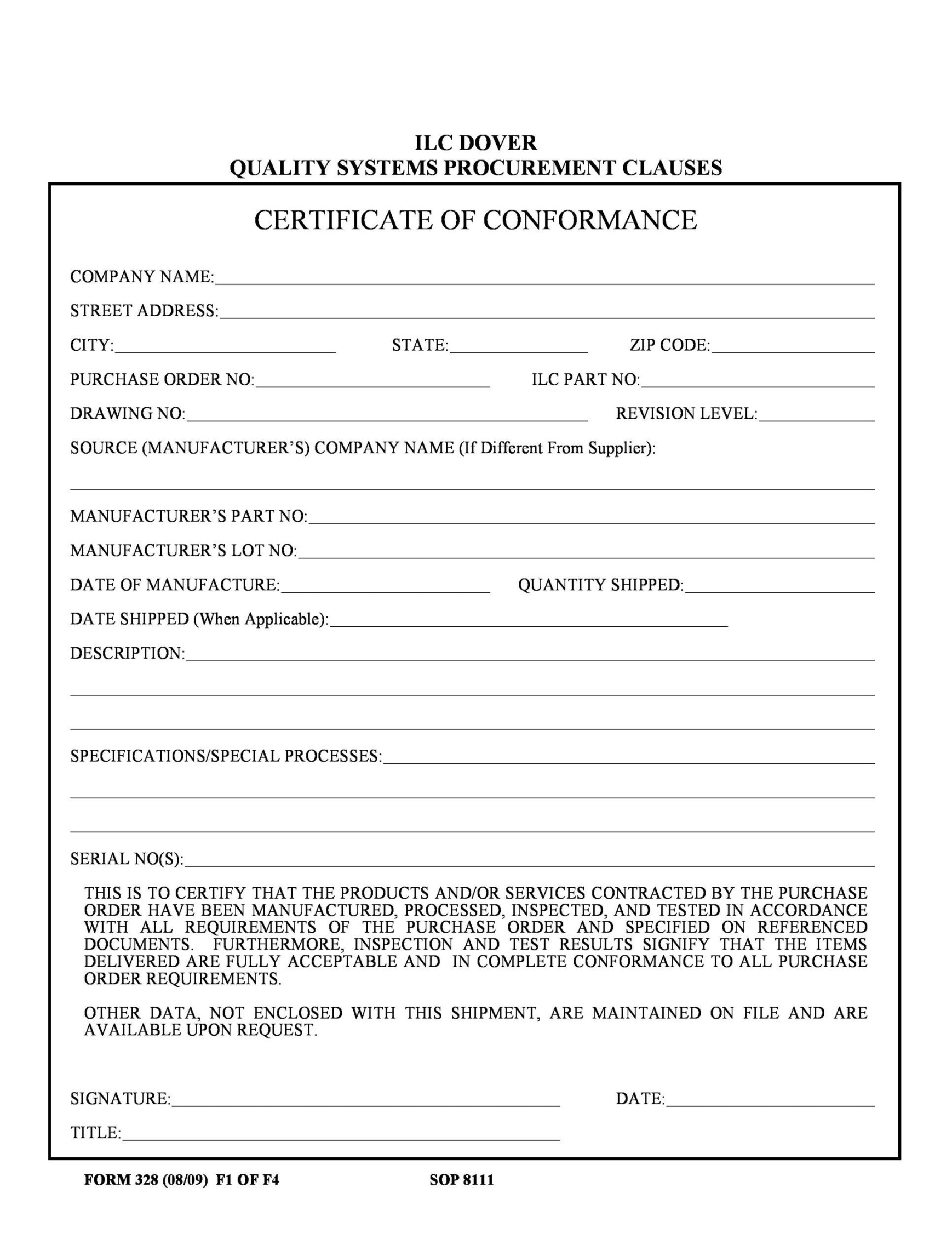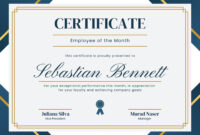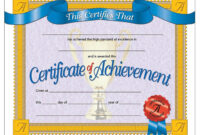Understanding the Certificate of Manufacture
A Certificate of Manufacture is a formal document that verifies the authenticity, quality, and origin of a product. It is often required by regulatory bodies, importers, and customers as a guarantee of product integrity. A well-designed Certificate of Manufacture template can enhance your brand’s reputation and instill confidence in your customers.

Key Elements of a Professional Certificate of Manufacture Template
To create a professional Certificate of Manufacture template, incorporate the following essential elements:
Header
Company Logo: Place your company logo prominently at the top left corner to establish brand identity.
Product Information
Product Description: Provide a detailed description of the product, including its model number, specifications, and unique identifiers.
Certification Statement
Certification: State a clear and concise certification statement, such as “This is to certify that the product described above was manufactured by [Company Name] in accordance with [relevant standards or regulations].”
Additional Information (Optional)
Quality Control: Highlight your company’s quality control measures to reassure customers about the product’s reliability.
Design Elements
To convey professionalism and trust, consider the following design elements:
Layout: Opt for a clean and uncluttered layout that is easy to read and navigate.
Customization Options
To tailor the Certificate of Manufacture template to your specific needs, consider the following customization options:
Language: Translate the template into multiple languages if your products are sold internationally.
Conclusion
A well-designed Certificate of Manufacture template can serve as a powerful marketing tool, reinforcing your brand’s credibility and building trust with customers. By incorporating the essential elements and design principles outlined above, you can create a professional and impactful document that effectively verifies the authenticity and quality of your products.


![Best Certificate Of Employment Samples [Free] ᐅ TemplateLab](https://ashfordhousewicklow.com/wp-content/uploads/2024/09/best-certificate-of-employment-samples-free-templatelab_1-200x135.jpg)